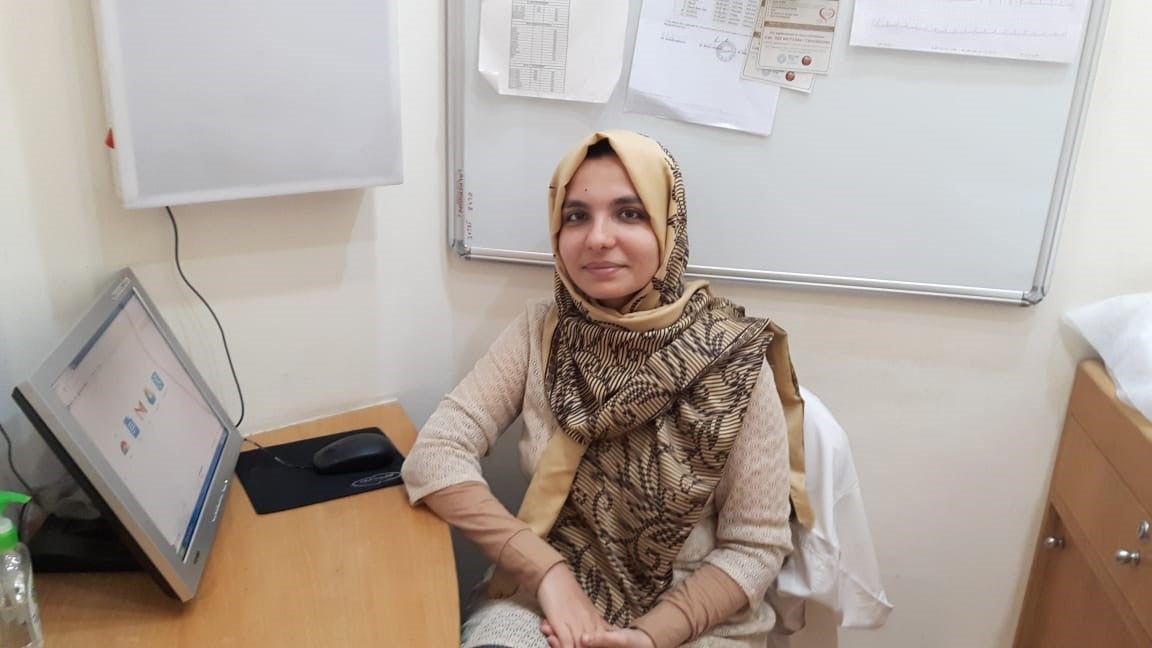
Msc (Clinical Nutrition and Dietetics)
Registered Dietitian
Certified Diabetes Educator
High blood pressure (high BP or hypertension), if ignored, can damage blood vessels. Timely control is necessary. The article examines online research to determine whether home remedies, including Hibiscus Tea , can help to manage blood pressure.
Research estimates that globally, 3.5 billion adults have non-optimal systolic blood pressure levels (>110–115 mmHg) and 874 million have systolic blood pressure(≥140 mmHg). Thus, approximately one in four adults have hypertension (high BP).Studies show a strong, continuous positive relationship between high BP and cardiovascular disease (CVD).Untreated, high BP has serious consequences.
A complex interplay of environmental and pathophysiological factors such as stress, smoking, obesity, high blood viscosity, and heredity cause high BP.
After diagnosis, home remedies advise peoplewithhigh BP to initiate several lifestyle and dietary changes. Common home remedies call for replacing normal tea/coffee with hibiscus tea. Hibiscus tea is among the best home remedies to lower high BP. Traditional home remedies suggest that hibiscus flowers(fresh or dried)bebrewed intoa warm or cold tea decoction.In appearance, hibiscus tea,also known as sour tea, is a beautiful, vibrant, bright red.Popular as a caffeine free beverage, hibiscus tea is ideal for high blood pressure patients. BestSource Nutrition’s Hibiscus Tea, grown in the pollution free Himalayas,can be easily purchased online.
Can Hibiscus lower Blood Pressure?
A meta-analysis of studies published online in 2015 found that drinking hibiscus tea significantly lowered both systolic and diastolic blood pressure. Hibiscus tea acts as a diuretic without causing electrolyte imbalance. Another study available online notes that hypertensive patients consuming two standard cups of hibiscus tea every day for one month showed significant reduction in systolic blood pressure
Anthocyanins, found in abundance in hibiscus calyxes, are responsible for the tea’s antihypertensive and hypocholesterolemic effects.Moreover, hibiscus flowers contain natural flavonoids, tannins, beta-carotene, Vitamin C, and minerals.
BestSource Nutrition’s Hibiscus Tea, available in 50gm pouchesof dried hibiscus flowers, is among recommended home remedies easily available online. To lower blood pressure, research and home remedies recommend the following changes, along with drinking hibiscus tea:
-
a. Dietary Modifications
Reduce sodium intake (ideally to <2.3 g per day, or <1.5 g per day in those most susceptible to the effects of sodium on blood pressure, but reduction by at least 1.0 g per day is desirable). Cutting down salt in diet is among the most efficient home remedies to lower systolic BP by 2–4 mmHg. A similar reduction in blood pressure is likely with increasing potassium intake to 3.5– 5.0 g per day.
-
b. Physical activity
Regular physical activity can control high BP. Endurance training can reduce blood pressure more significantly in persons with high BP than in individuals with normal blood pressure. Undertake physical activity sessions lasting 40–60 minutes at least thrice per week to manage high BP.
-
c. Weight loss
Excess adiposity generally causes high BP in susceptible individuals. Obese patients with hypertension require more antihypertensive medication to control their high BP and they are more likely to be resistant to treatment. Sensible home remedies suggest lifestyle interventions, including hypocaloric diets and physical exercise, for patients with such co-morbidities. Among effective home remedies, weight loss goals can be boosted using natural fat burners such as Lose Fat , in tandem with exercise and diet control.













